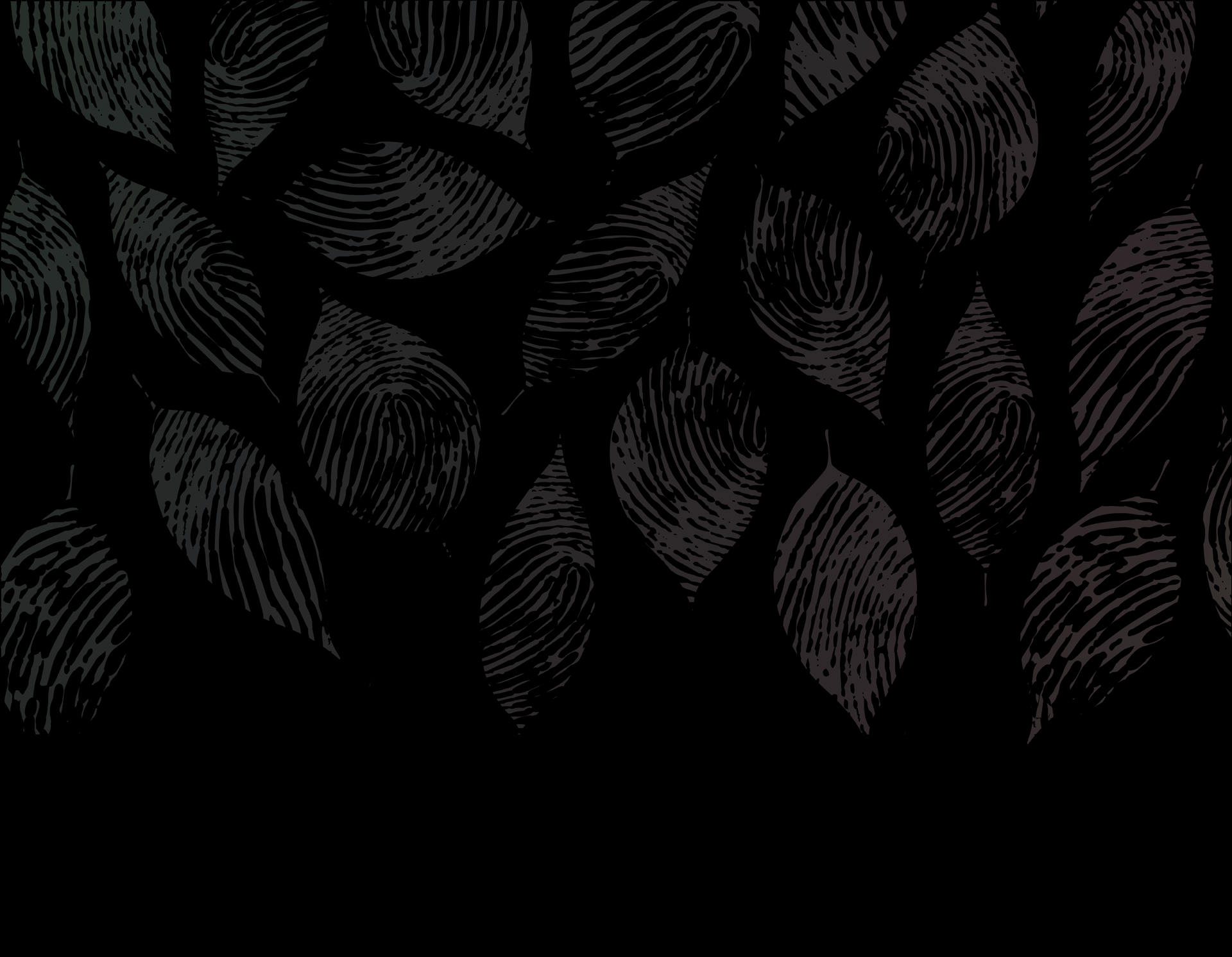Ideas
Idea #8: Service Learning for Social Justice
“Combining community service activities with the study of social issues can give students additional ideas for how they can contribute to meaningful societal change and can strengthen service-learning activities by helping students learn the skills, knowledge and attitudes they need to participate in improving the larger society.”5
Learning Intention
Service learning can help students discover ways in which they can apply their classroom knowledge of social justice to their participation in community issues. “By engaging in purposefully designed community work, we can involve students in conversations about social justice and their roles as community members.”2
Overview
Partnering with relevant community organizations for “[Justice-Based Service Learning] provides students with the opportunity to examine their privilege and to put it to work to create social change. [Justice-Based Service Learning] incorporates reflection at all stages of an experience, especially through activities and assignments that promote critical thinking about social issues and one’s own place in the world, and in the creation and maintenance of those social problems.”2
Considerations
- Understand local issues. Service learning is most effective if students have a grasp on the context of the issues that impact the community. This could involve researching the history of the partnering organization, or inviting guest speakers to answer student questions on more complex matters.2
- Promote reflection. “Providing students with an opportunity to reflect on their service experiences both individually and in groups can support students making connections between “out-of-the-classroom knowledge” ...and academic learning.”2
- Encourage lasting service. Community organizations benefit from committed students, and long-term opportunities provides students with more opportunities to learn.2
- Make opportunities accessible. An obstacle to service learning can be the time and resources required for students to fit community work into their schedules. Promote activities that have credit or scholarship benefits to make learning opportunities more viable for students.2
- Plan a mutually beneficial project. Make sure the service learning benefits the partnering organizations as much as student learning. Reflect on the EPA’s Levels of Community Engagement when planning how best to partner with an organization.3 Consider partnering to work specifically on the organization’s side projects. This allows students to see the completion of a project while helping organizations accomplish projects where they would otherwise have limited resources.4
- Make connections. Select learning opportunities that “address the interplay of students’ fields of study with the issues of inequality that impact their own communities” to form links between civic engagement and students’ career path.1
- Establish rich discussions. Have students share their experiences and encourage them to generate thought on the social justice issues and insights they have gained while participating in service learning activities.2
References
- DePaola, T. (2014), Collaborating for Social Justice Through Service Learning. New Directions for Community Colleges, 2014: 37-47. Available: https://doi.org/10.1002/cc.20089
- Megivern, L. E. (2010) "Political, Not Partisan: Service-Learning as Social Justice Education," The Vermont Connection: Vol. 31, Article 8. Available: https://scholarworks.uvm.edu/tvc/vol31/iss1/8
- NCER Community-Engaged Research (CEnR) Primer. (2013, March). Environmental Protection Agency website. Available: https://www.epa.gov/sites/production/files/2015-05/documents/cenr.pdf
- Tryon, E., Stoecker, R., Martin, A., Seblonka, K., Hilgendorf, A., Nellis, M., Edgewood College, University of Wisconsin. The Challenge of Short-Term Service-Learning. In Toolkit for Preparing Students for Service-Learning. Carolina Center for Public Service, The University of North Carolina at Chapel Hill, 19-31. Available: https://ccps.unc.edu/files/2012/10/Toolkit-for-Preparing-Students-for-Service-Learning.pdf
- Wade, R. “…And Justice for All” Community Service-Learning for Social Justice. In Toolkit for Preparing Students for Service-Learning. Carolina Center for Public Service, The University of North Carolina at Chapel Hill, 4. Available: https://ccps.unc.edu/files/2012/10/Toolkit-for-Preparing-Students-for-Service-Learning.pdf
